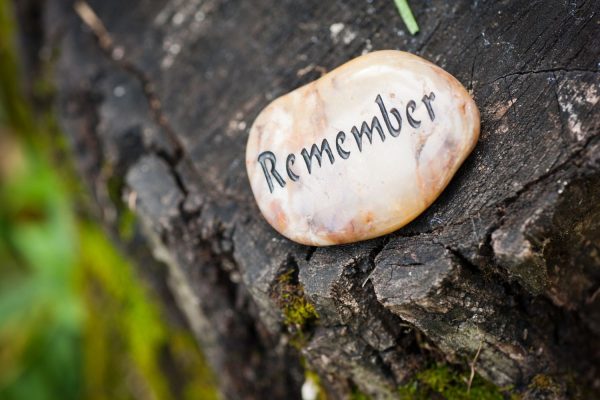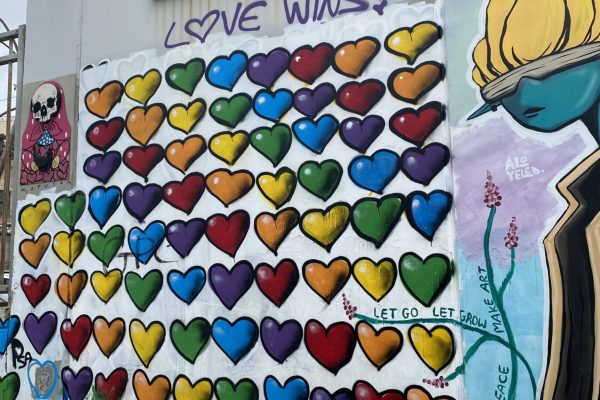We turn on the television when we see
our phones light with the sound of news apps.
We see images of smoke staining
an otherwise beautiful, peaceful blue sky.
We hear words like terrorism, hostility,
violence and bloodshed repeated on screen,
While we watch in horror as numbers grow.
One, two, ten, twenty, forty, two hundred.
Counting numbers that seem to go on forever.
But how can we count lives as if they were
nothing more than tallies on a blackboard?
How do we keep on counting these humans
as if they were nothing more than an illusion,
made by our conscience when tragedy strikes?
We keep counting, and counting; and counting;
counting minutes in the shelters as bombs
fly over our heads, hoping the next one
will finally be the last in a slew of misery.
We keep counting; counting in agony;
counting the number of family and loved ones,
who have yet to message us that they’re okay.
We count, because numbers give order to pain–
We count, because it numbs the stinging–.
We count, because tragedy takes everything
and we are left to pick up the pieces
that it leaves in its disastrous wake.
We continue to count, because it’s all we have.
Counting the rockets as they pass overhead,
counting the tears that stain our cheeks,
counting the loved ones who are now grieving.
But as we count, we forget about humanity.
These people lose their names, their identities.
Victims of tragedy become little more
than a number, repeated on our tv screens.
But we keep counting, because that’s all
that’s left for us to do; it’s all that’s left.
One, two, ten, twenty, forty, two hundred,
three hundred, five hundred, one thousand.
Reaching numbers we can no longer
Even comprehend without conception.
Ten is easy to understand. Look at your hands, and see ten fingers wiggling back at you.
But to picture one thousand, we must imagine
crowded trains, or bus stations, or stadiums, just to know the scale of the devastation.
When thousands are hurt or killed, we count.
We count their lives, we count their injuries.
We count their families, their homes,
But we forget that that’s a life now gone.
We seem to forget that thousands of people
have had their humanity stolen from them,
in a senseless act of violence and aggression.
We count, because it is easier to forget,
easier to compartmentalize, easier to move on.
When they are not faces, when they are only
numbers floating across our tv screens,
It’s easier to make sense of the tragedy.
But war has no true winners, only victims
and counting those victims doesn’t mean anything.
Counting those victims doesn’t serve them.
And it doesn’t honor them, or bring them back.
We turn on the television when we see
our phones light with the sound of news apps.
We immediately begin to count as we watch,
and as we count, we lose a bit of our humanity too.
But somehow, it is all we have to help us through.
It’s all we have to survive in the fear and tragedy.
Jewish people are not supposed to count people.
Even when counting a minyan, we repeat a verse
comprising exactly ten words from Psalms.
But today, there are not enough words in the Psalm
to cover the number of victims of this hate.
So, we count with numbers, even if we shouldn’t,
because even if they have no name that we know,
They deserve to be remembered.
Counting. One, two, three, four, five, six…











